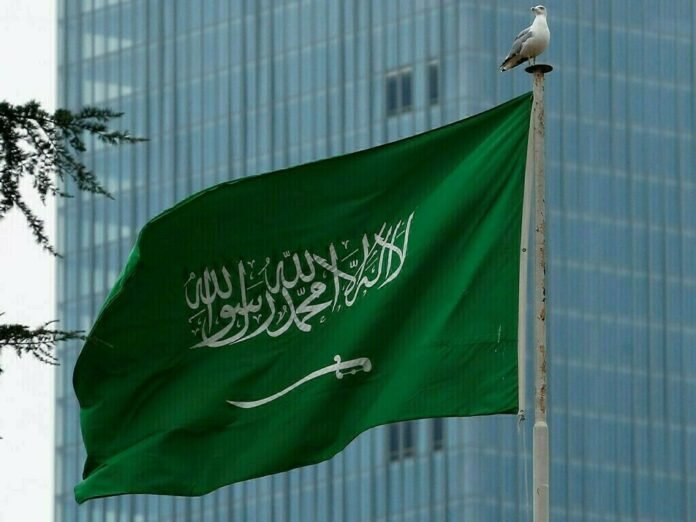Saudi Arabia executions surge to a new record, according to Amnesty International, with most cases involving nonviolent drug crimes. The kingdom executed 345 people in 2024, the highest number in over 30 years. Shockingly, 180 more executions occurred in just the first half of 2025, suggesting another grim record is imminent.
Amnesty and Reprieve report that about two-thirds of this year’s executions were for drug offenses. These charges often involve non-lethal crimes, contradicting Saudi Arabia’s earlier promises to limit capital punishment. Activists argue that the surge violates international human rights standards.
In 2022, Crown Prince Mohammed bin Salman claimed Saudi Arabia had abolished the death penalty except for murder cases. He cited religious doctrine, stating, “We cannot do anything about it” when referring to Quranic teachings. However, the recent wave of drug-related executions directly contradicts his assurances.
Despite repeated inquiries, Saudi officials have not explained the spike in executions. The Associated Press sought clarification but received no response. This lack of transparency fuels criticism from global human rights organizations.
The Saudi Arabia executions surge highlights a troubling shift in justice enforcement. While the kingdom seeks foreign investment and tourism, its harsh penalties risk damaging its international reputation. Human rights advocates urge immediate reforms to halt executions for nonviolent crimes.
As Saudi Arabia executions surge, activists demand accountability. With executions outpacing previous years, the kingdom faces growing scrutiny over its human rights record. The world watches closely to see if Saudi leadership will address these concerns or continue its current trajectory.


